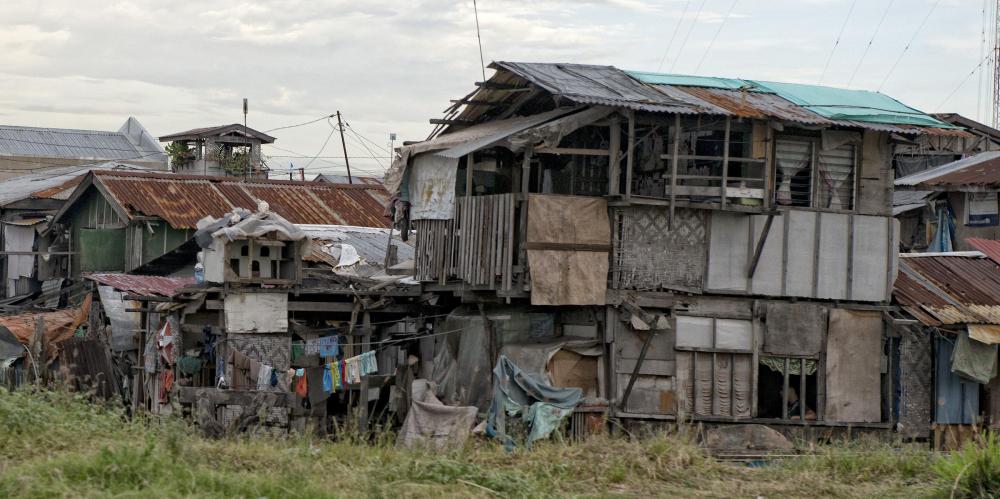At PracticalAdultInsights, we're committed to delivering accurate, trustworthy information. Our expert-authored content is rigorously fact-checked and sourced from credible authorities. Discover how we uphold the highest standards in providing you with reliable knowledge.
How do I Become a Policy Analyst?
Policy analysts are responsible for influencing political and social decisions. They work to collect information, analyze potential policies and make policy recommendations to government officials. To become a policy analyst, one may need specific educational training, well-developed working skills as well as relevant experience applicable to the policies being analyzed. In general, policy analysts need some type of graduate-level degree in economics or a related field, strong research skills and excellent communication skills; choosing to specialize in an area, such as nonprofit, real estate or public housing, may also help someone find work as a policy analyst.
Many policy analysts hold a graduate degree, such as a law (J.D.) or doctorate degree (Ph.D.). This is not a requirement, but it is often viewed as added leverage in success as policy analyst. Policy analysts are often depended on as experts in their field, so any type of extensive training in a particular area also is considered desirable by employers.

Those seeking to become a policy analyst tend to focus their studies on economics, political science, philosophy and public policy. Other analysts who specialize in a particular area of policy may hold degrees in psychology, education or business administration. Those who do not hold an advanced degree may become familiar with a particular area of research and gain exposure as a policy expert through writing and publishing.

Most successful policy analysts posses the ability to conduct independent research and digest complex information. To become a policy analyst, there are certain skills that may need to be developed, such as public speaking and writing skills. Analysts also tend to hold the dual trait of being sufficient self-starters on independent research projects, as well as cooperative group members during policy discussions. Patience or passionate interest in a particular subject is also viewed as desirable since one may engage in a single project over the course of their career.

Analysts are often sought for their expertise on a particular subject, which makes experience an important asset for anyone desiring to become a policy analyst. A few may begin work as analysts directly after graduate school, but the majority of analysts have work experience in their area of concentration.
Some analysts may gain experience while working as college professors, teaching and performing research in their field. Other policy analysts gain experience by working in entry-level, policy-related jobs, such as managing nonprofit organizations or working as program analysts in government offices. Many policy analysts have had experience working on a Congressional staff as a policy adviser. Those who are seeking to become involved in a particular area of policy will likely need specific work experience. For example, those wanting to perform policy analysis on public housing may need several years of work experience in real estate or public programs.
AS FEATURED ON:
AS FEATURED ON:
















Discussion Comments
A lot of those types of organizations will require you to have a Master's degree. You do need to be more specific though and look at the actual companies/organizations that you want to work for, as well as look at what you want to do. If you want to for an NGO, a bachelor's would suffice in most cases, but a think tank, maybe not.
Is a dual degree in environmental management and political science enough prep to help me obtain a position as a environmental policy analyst or work for a think tank(policy institute)? Is an bachelor degree sufficient or would I need to get a masters?
Post your comments